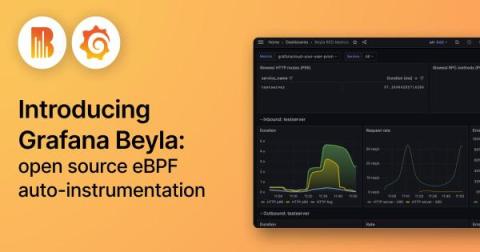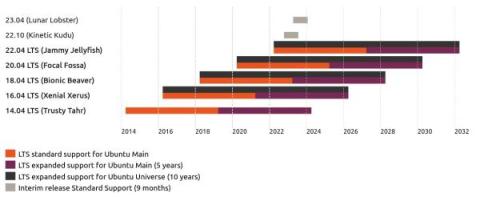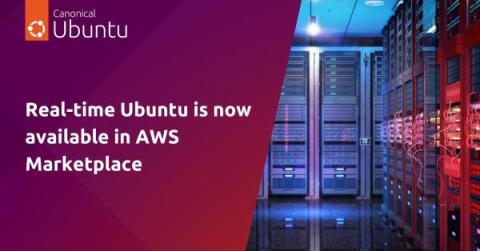Operations | Monitoring | ITSM | DevOps | Cloud
Linux
How to Configure a Linux Firewall: The Ultimate Guide
A firewall stands as a digital gatekeeper, meticulously sifting through network traffic and deciding what may pass. This protective shield, fundamental to cybersecurity, is integral in the Linux world. The Linux kernel itself is effectively a de facto packet switching firewall, crafted as it is around the principles of packet filtering at the most fundamental operating system level, thus exemplifying the pivotal role of firewalls in system security.
Securing Open Source Dependencies on Public Cloud
Back to school: Ubuntu Desktop in Education
Fast SDV prototyping in automotive with real-time kernel
How a real-time kernel reduces latency in telco edge clouds
Deploy fully configured VMs in minutes on Google Cloud, using gcloud CLI and cloud-init
Introducing Grafana Beyla: open source ebpf auto-instrumentation for application observability
Do you want to try Grafana for application observability but don’t have time to adapt your application for it? Often, to properly instrument an app, you have to add a language agent to the deployment or package. And, in languages like Go, proper instrumentation means manually adding tracepoints. Either way, you have to redeploy to your staging or production environment once you’ve added the instrumentation.











